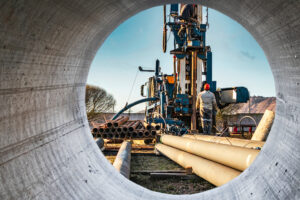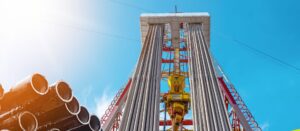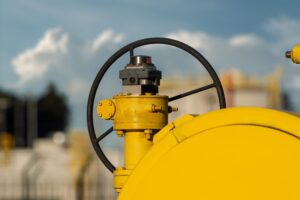Drill pipe protectors are used to protect piping during storage and transit. Of course, not all protectors are created equal. They come in a variety of sizes and colors, and are made from different kinds of material including steel and plastic.
Within the oil and gas industry, pipelines are designed and used to carry the substances (oil and gas) from one point to the next without incidence. These drill pipes are sensitive, and must be protected from damage which could lead to leaks, or delays in production on account of having to slow installation due to repairing pipes. This is where ensuring that the pipes have proper protection becomes vital. Overall, drill pipe protectors save time and money.
Why Drill Pipe Protectors are Necessary
- Drill pipe protectors are used to, as the name suggests, protect pipes from damage. Damage can be caused by extreme weather conditions (such as extreme cold), which could cause the pipes to become brittle and break easily. A leak is the last thing that one would want, since these pipelines will be used to carry explosive substances. As such, protectors known as casings are used to cover the pipes to protect them from the cold temperatures.
- During transit, if pipes are not securely in place, they could break from rolling around, or even damage the threading. When pipes are being moved from one locale to the next (often times between countries), the protectors are used to keep pipes securely in one position until they transit safely from point A to point B.
- Finally, protectors are used to ensure that the thread of the pipes is protected, and the grooves therein are not worn out. This is very important as thread protection ensures that the pipes can be sealed properly, again preventing leaks — the results of which can be very devastating.




